The 10 Most Important IT Executive Moves Of 2019
CRN recaps the most consequential IT executive moves of the year, which impacted some of the largest tech companies in the world, from Alphabet to T-Mobile.

Big Moves At Alphabet, Intel, HP
2019 was a big year for CEO shakeups at some of the largest tech companies in the world. Among them, Alphabet, Intel, Accenture, HP Inc., SAP, Symantec, ServiceNow and T-Mobile all announced changes to the top rung of their leadership, with some transitions not set to be completed until next year.
For Alphabet, Google CEO Sundar Pichai was appointed the chief executive, giving him leadership over the company's multiple holdings, or “Other Bets,” as they are called. Symantec lost CEO Greg Clark after a period of turmoil that led to its restructuring and the sale of its enterprise business to Broadcom.
Then there were a couple of executive moves under the CEO position that were just as big, specifically moves that happened at Dell Technologies and AT&T.
What follows are our picks for the 10 most important IT executive moves of 2019.
Get more of CRN's 2019 tech year in review.
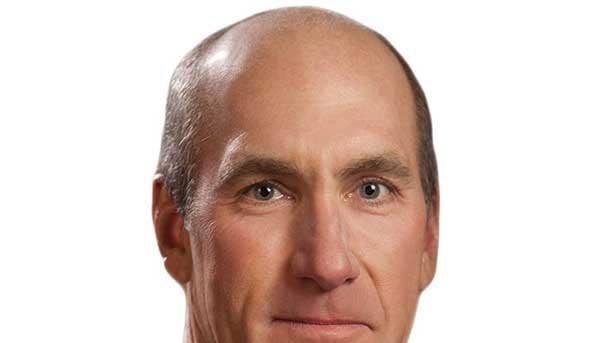
10. John Stankey
AT&T announced two top leadership appointments in September: John Stankey as president and COO and Jeff McElfresh as CEO of AT&T Communications.
Most recently, Stankey was CEO of WarnerMedia, the entertainment and mass media conglomerate owned by AT&T. Since joining AT&T in 1985, Stankey has held a variety of leadership roles, including for corporate strategy, mergers and acquisition and operations.
McElfresh, who will report to Stankey in his new role, was previously president of the AT&T Communications Technology and Operations Group. Prior to that, he served as CEO of AT&T's Vrio business and president of AT&T Mexico.
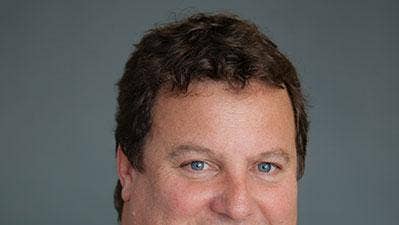
9. Greg Clark
Symantec president, CEO and board member Greg Clark stepped down from all roles in May following an internal accounting probe, activist investor unrest and enterprise sales struggles.
The CEO shakeup happened before the Mountain View, Calif.-based platform security vendor was restructured and sold off its enterprise business to Broadcom and renamed itself to NortonLifeLock. The company is now led by Vincent Pillette, who was previously CFO. Pillette, a former Logitech and HP executive, took over from CEO Richard Hill, who replaced Clark on an interim basis and architected the $10.7 billion sale of Symantec's enterprise business to Broadcom.
Clark started as CEO of Blue Coat Systems in 2011 and assumed the same role at Symantec in August 2016 when the company's acquisition of Blue Coat closed. Clark's departure had continued the executive brain drain atop Symantec, with president and COO Michael Fey leaving in December 2018 and executive vice president and CFO Nicholas Noviello announcing plans to depart Symantec in January.
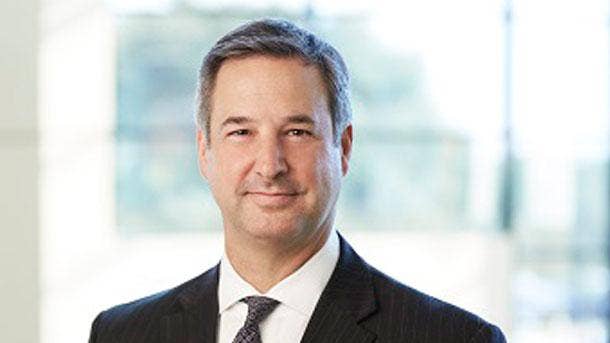
8. Marius Haas
Dell Technologies President and Chief Commercial Officer Marius Haas—who helped establish Dell, EMC and VMware as a combined channel and technology powerhouse—unexpectedly stepped aside in early December, the company announced.
Haas, who is widely credited with successfully integrating the Dell and EMC channel organizations, is officially "retiring from the company" at the end of Dell's fiscal year, which ends Feb. 3, 2020, the company said in an email to CRN. He came to Dell in 2012 from Kohlberg Kravis Roberts & Co. L.P. (KKR), serving as Dell’s chief commercial officer and president of Dell’s Enterprise Solutions Group responsible for strategy, development and development of all data center and cloud offerings globally.
Haas played a critical role in uniting Dell and EMC’s channel community after the two companies combined in 2016, helping to drive sales synergies and partner program unity. His leadership over his seven-year tenure elevated Dell Technologies into a $91 billion leader in servers, storage and hyperconverged infrastructure.
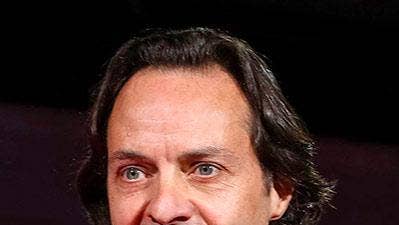
7. John Legere
T-Mobile announced in November that CEO John Legere will be stepping down at the end of April 2020 when his contract expires.
Legere will be replaced by Mike Sievert, current T-Mobile president and chief operating officer, in April. T-Mobile said Legere will remain as a board member for a smooth transition and help pull its $26.5 billion merger with Sprint over the goal line.
Legere has been CEO of T-Mobile since 2012. Prior to that, he was the CEO of Global Crossing, a telecommunications company. He was previously CEO of Asia Global Crossing, which was a Microsoft, Softbank and Global Crossing joint venture.
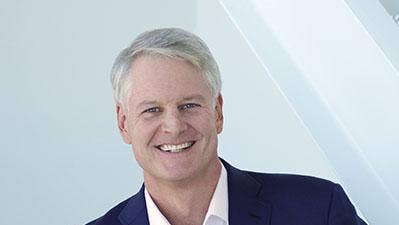
6. John Donahoe
ServiceNow CEO John Donahoe announced in October that he is quitting the company to take a job as CEO of Nike, which will become effective in January 2020. Bill McDermott, the recently departed CEO of SAP, was expected to take the role by late 2019.
Donahoe, who had joined ServiceNow as CEO in April 2017, had been on Nike's board of directors since 2014. Prior to joining ServiceNow, he was president and CEO at eBay for more than four years.
"ServiceNow is a special company and leading the team has been an honor,” Donahoe said in a statement. "I’m very proud of what we have accomplished together and our deep commitment to delivering for our customers. I am very confident in ServiceNow’s future and am confident that the team will stay focused on strong execution."
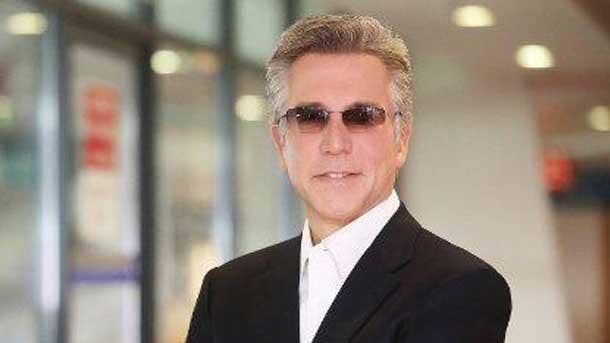
5. Bill McDermott
Bill McDermott, SAP's CEO of nearly 10 years, resigned from the company in October and joined ServiceNow as the company's new chief executive, taking over from John Donahoe, who departed to lead Nike.
McDermott joined SAP in 2002 as head of its North American division. He went on to lead the company's worldwide customer operations and joined SAP's executive board in 2008. Then, in 2010, he became the company's co-CEO, and later, in 2014, the CEO, leading the company through revenue growth, increased profits and improved employee engagement for nearly a decade.
SAP executive board members Jennifer Morgan and Christian Klein were appointed co-chief executive officers as part of the company's long-term succession plan. McDermott was expected to serve as an adviser to SAP for the rest of the year to ensure a smooth leadership transition.

4. Dion Weisler
HP Inc. CEO Dion Weisler stepped down in November and handed the reins of the PC and printer giant to Enrique Lores, who had been the head of the company's printing business.
Weisler had served as CEO of the PC and printer giant since 2015, when Hewlett-Packard split into HP Inc. and Hewlett Packard Enterprise. Weisler, who initially joined HP in 2012, said he was stepping down due to a family health matter.
Lores had previously been president of Imaging, Printing and Solutions at HP since the 2015 split. He got his start at HP 30 years ago as an engineering intern and worked his way to the top ranks, serving in a variety of leadership roles, including general manager of HP's commercial PC business.
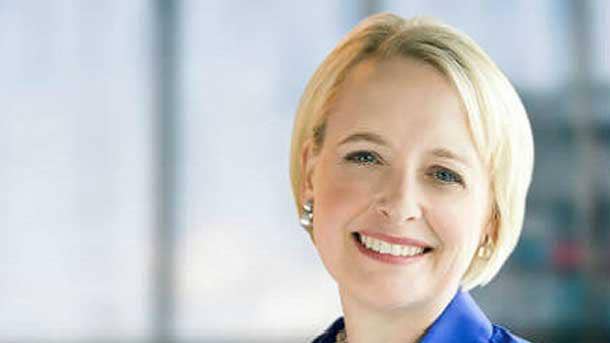
3. Julie Sweet
Technology services giant Accenture—which had been without a permanent leader since beloved top executive Pierre Nanterme passed away earlier this year—announced in July that Julie Sweet will be the company’s new CEO, the first woman to take on that role in the firm’s history.
Sweet had been CEO of Accenture North America, leading Accenture’s business in the U.S., and has been with the company for more than nine years. She took over in September.
Interim CEO David Rowland—the former CFO who stepped in to lead the company after Nanterme passed away in January—stayed on as chair of the board of directors and is acting as an adviser to Sweet.
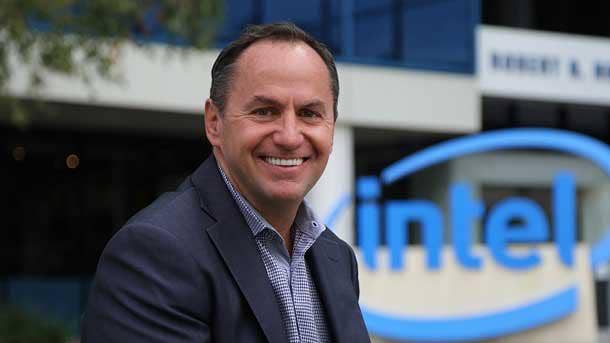
2. Bob Swan
Intel named interim leader Bob Swan as its permanent CEO in late January, making him the seventh person to lead the company in its 50-year history.
Swan, who was also appointed to Intel's board, had been named interim CEO in June 2018 following the sudden resignation of former Intel chief executive Brian Krzanich. Up until his permanent appointment as CEO, Swan had served as the Santa Clara, Calif.-based company's CFO since 2016.
Prior to joining Intel, Swan was an operating partner at growth equity firm General Atlantic. Previously, he was CFO at eBay for more than nine years. He had served as CFO at other companies, including GE Lighting. He also once served as CEO of an online grocery startup called Webvan that was among the companies to shut down during the dot-com crash in the late 2000s.
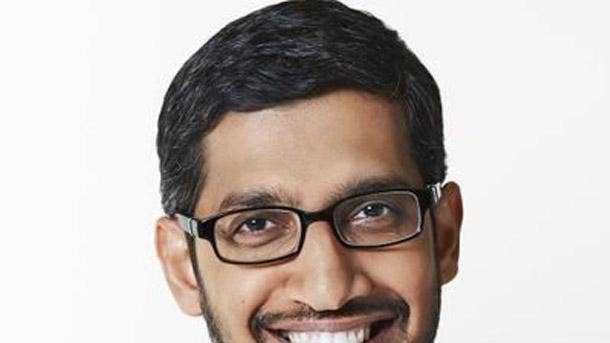
1. Sundar Pichai
Alphabet announced a major shakeup in its top leadership in early December, saying that Google CEO Sundar Pichai would gain the role of CEO of Alphabet as current Alphabet CEO Larry Page and President Sergey Brin stepped down from their respective roles.
Pichai, who joined Google's executive management team in 2004, will remain CEO of Google while also managing Alphabet's other businesses, also known as “Other Bets,” as its new chief executive. He became Google's CEO in 2015 as part of the company's restructuring that resulted in the formation of Alphabet as the search giant's parent company.
The Mountain View, Calif.-based company said Page and Brin, who founded Google in 1998, decided to leave these roles and will continue to be involved as members of Alphabet's board. Their departures come after Eric Schmidt, Google's former CEO, and Diane Green, Google Cloud's former CEO, stepped down from Alphabet's board earlier this year.